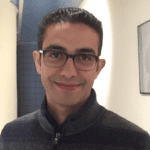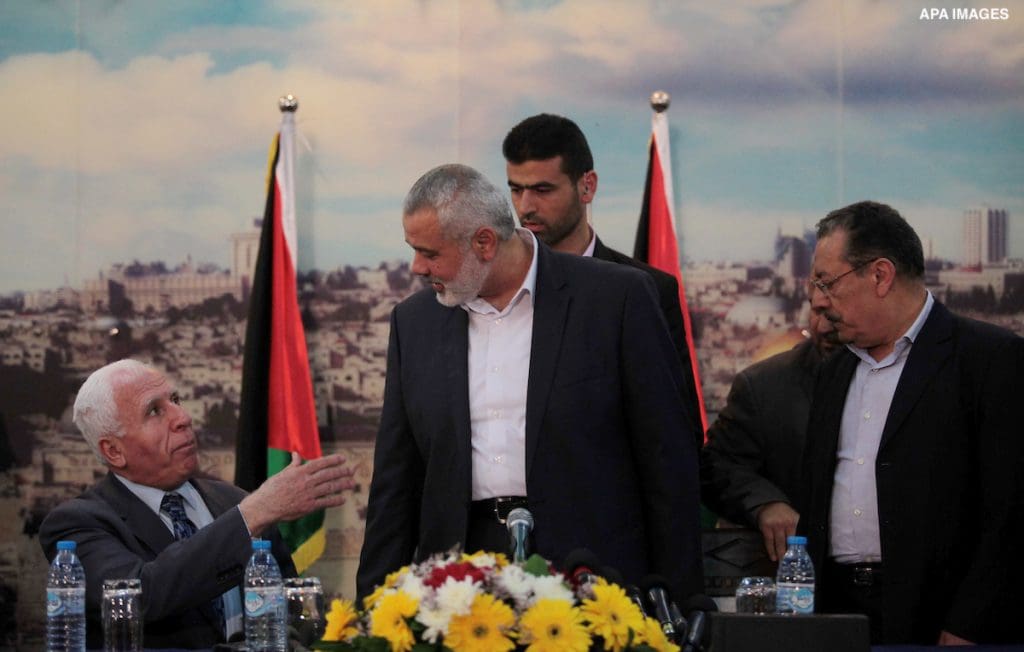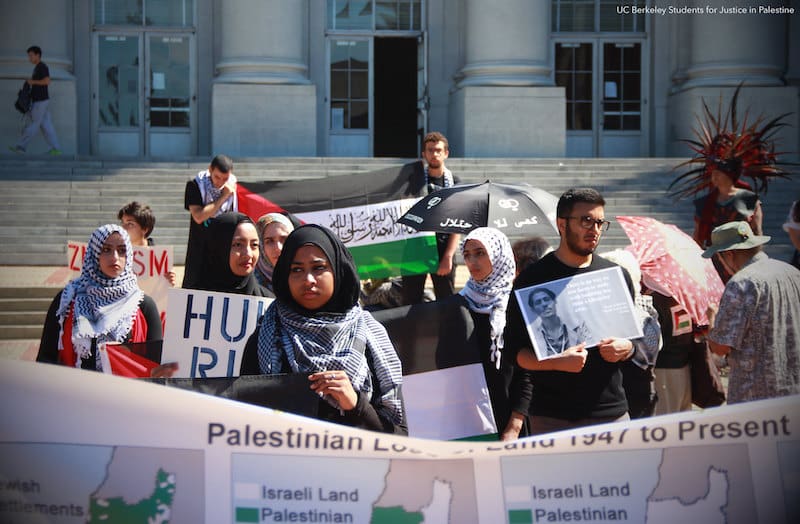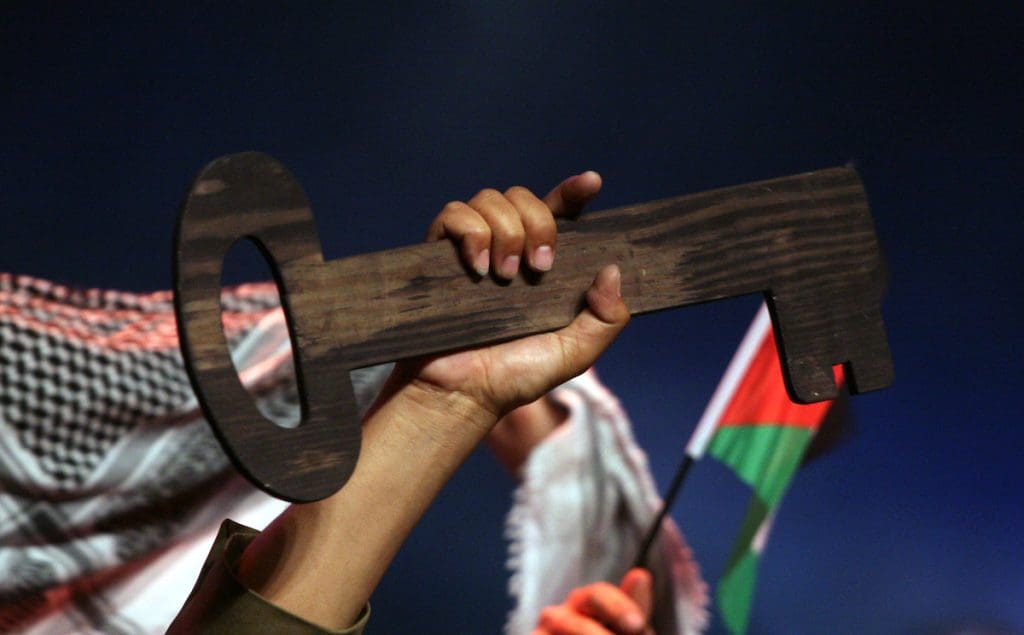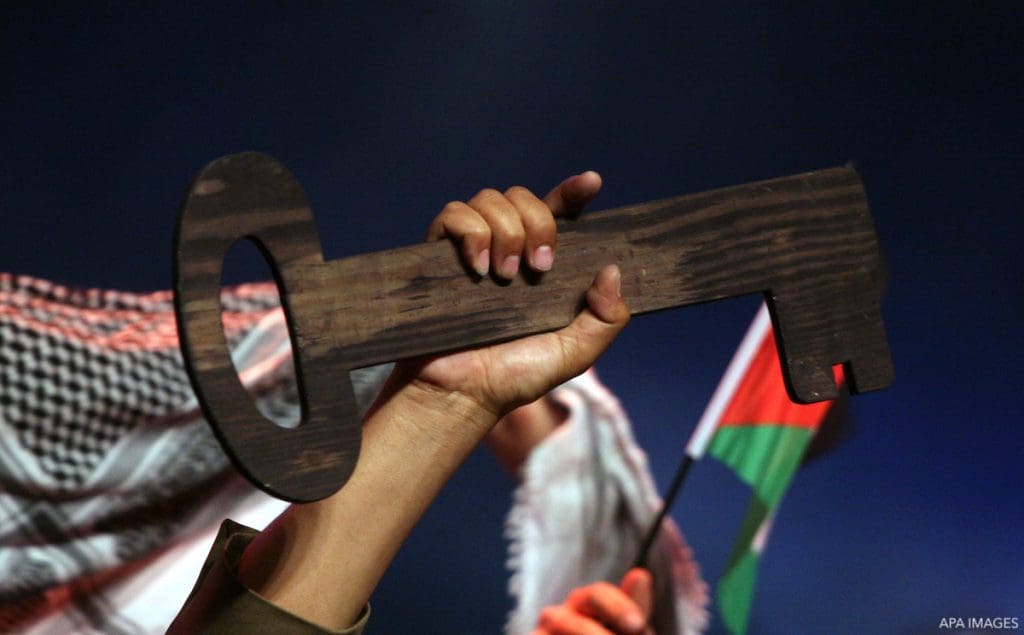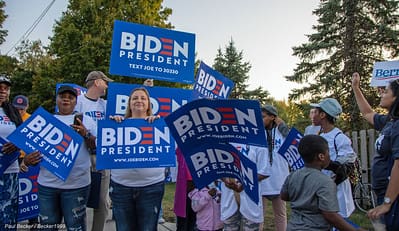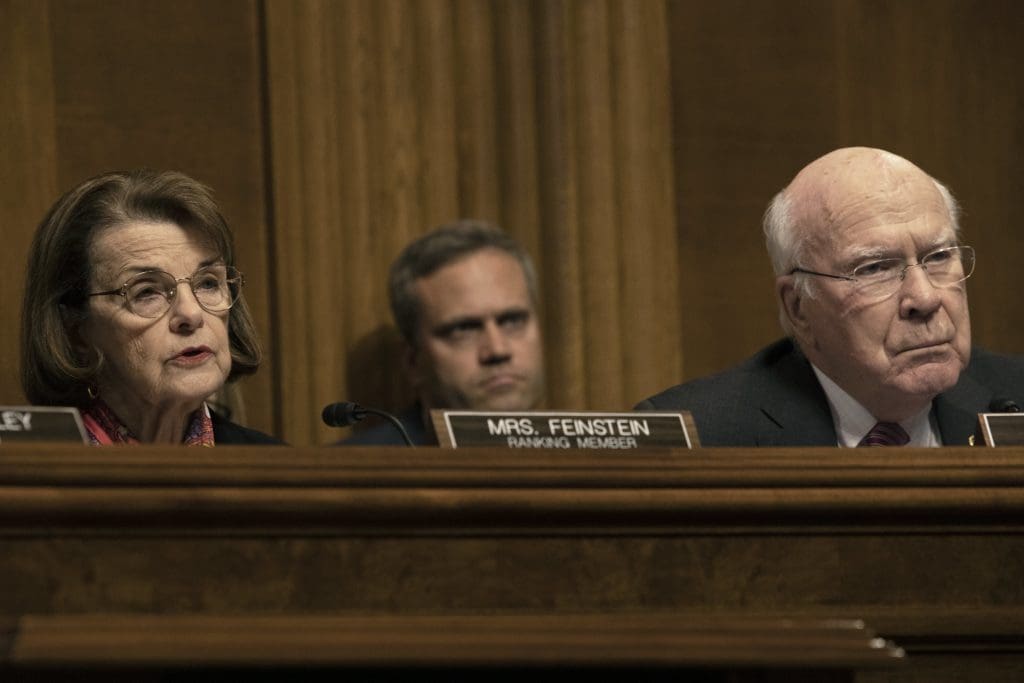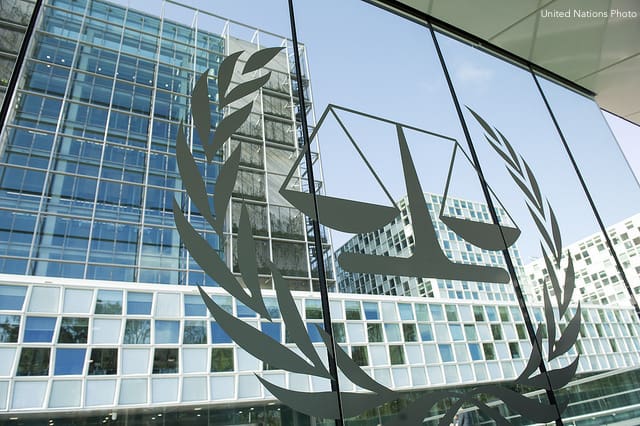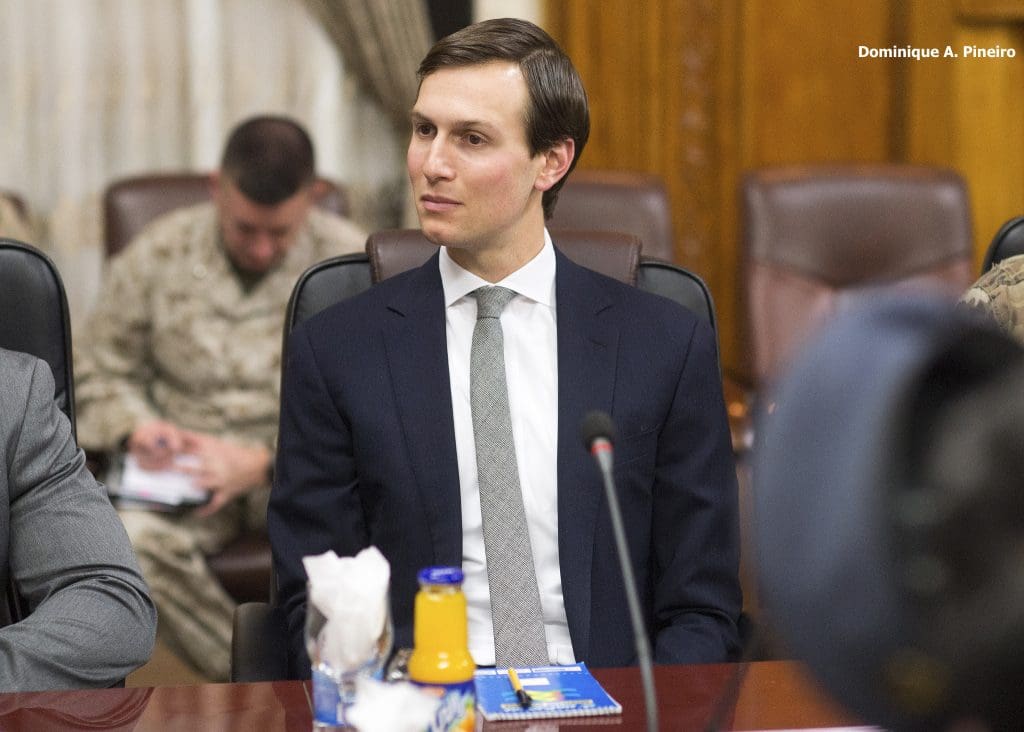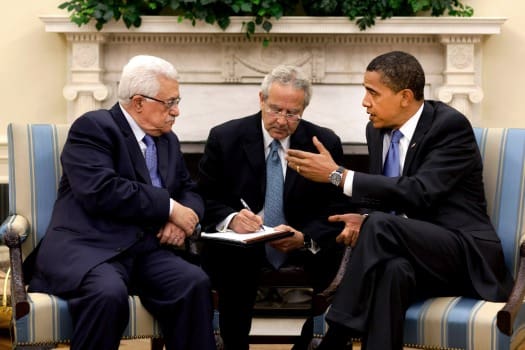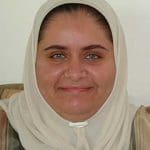Al-Shabaka Policy Member Zaha Hassan is a human rights lawyer and visiting fellow at the Carnegie Endowment for International Peace. Her research focuses on Palestine-Israel peace, the use of international legal mechanisms by political movements, and U.S. foreign policy in the region. She previously served as coordinator and senior legal advisor to the Palestinian negotiating team during Palestine’s bid for UN membership from 2010-2012. She received her J.D. from the University of California at Berkeley and an LLM in Transnational & International Law from Willamette University.
From this author
As the Israeli regime continues its genocidal campaign against Palestinians in Gaza, many have begun to weigh in on the future of Hamas and of Palestinian leadership more broadly once the bombardment ends. One of the dominant proposals is the revival of the Palestine Liberation Organization (PLO), with Hamas as a member party.
But revival of the PLO requires more than bringing Hamas into the fold, as the Fatah-controlled PA has effectively whittled down the PLO to a barren institution. What then, beyond inclusion, is needed in order to resuscitate the viability of the PLO? In an effort to strengthen the generative thinking around these questions, Al-Shabaka revisits a collection of its past works that sought to confront this very topic.
Since the 2021 Unity Intifada, Palestinians have garnered increasing support across the US. As a result, pro-Israel lobbies have ramped up their efforts to criminalize Palestine advocacy and quash Palestine solidarity on Capitol Hill.



The visible absence of the Palestinian Liberation Organization from the ongoing Unity Intifada has led many to question the organization’s legitimacy and relevance. Do Palestinians still need the PLO? If so, why?



The vital question of how to reconstitute and strengthen the Palestine Liberation Organization (PLO) and renew the Palestinian national project has long been at the forefront of Palestinian concerns. However, it stalled due to the bitter divisions between the major political parties, Fatah and Hamas, after the legislative elections of 2006.




+
The topic of Palestine is already proving to be divisive within the U.S. Democratic primaries, and it will undoubtedly remain a consistent question throughout the 2020 election season.


A bipartisan US bill currently being considered by the Senate Judiciary Committee puts at stake the ability of the Palestine Liberation Organization (PLO) to engage diplomatic and legal channels to support Palestinian national aspirations and to seek accountability through international mechanisms, as well as the future of the US-Palestinian bilateral relationship.

Zaha Hassan· Aug 13, 2019
Attention has been focused on the state of Palestine’s recent submission of a “referral” to the International Criminal Court (ICC), alleging that Israeli officials committed war crimes and crimes against humanity against the Palestinian people. However, another complaint recently submitted by the state of Palestine has received much less attention, although its findings will be important in building the factual and legal basis for prosecutions against Israeli officials who may face charges before the ICC and other fora – as well as against the state of Israel itself should an advisory opinion be sought at the International Court of Justice.

Zaha Hassan· Jun 17, 2018
Jared Kushner, President Trump’s son-in-law and senior advisor, as well as envoy Jason Greenblatt and deputy national security advisor for strategy Dina Powell, are in Israel and Palestine today in an attempt to restart the stalled Israeli-Palestinian “peace process.” According to the White House, their discussions with Israeli Prime Minister Benjamin Netanyahu and Palestinian President Mahmoud Abbas will in part focus on economic steps that the parties believe help create conditions for peace. Yet more economic development initiatives are not a substitute for political change, particularly when tensions are seething in the West Bank, including Jerusalem, and when Gaza is facing a politically constructed humanitarian catastrophe.

Zaha Hassan· Aug 24, 2017
Once the US elections drama concludes, some believe Barack Obama will seize a final opportunity to act on Palestine-Israel. In this roundtable, Al-Shabaka policy analysts debate the probability of such a step, what form it could take, possible pitfalls, and what Palestinians should be doing to further their quest for freedom, equality, and self-determination.




+









